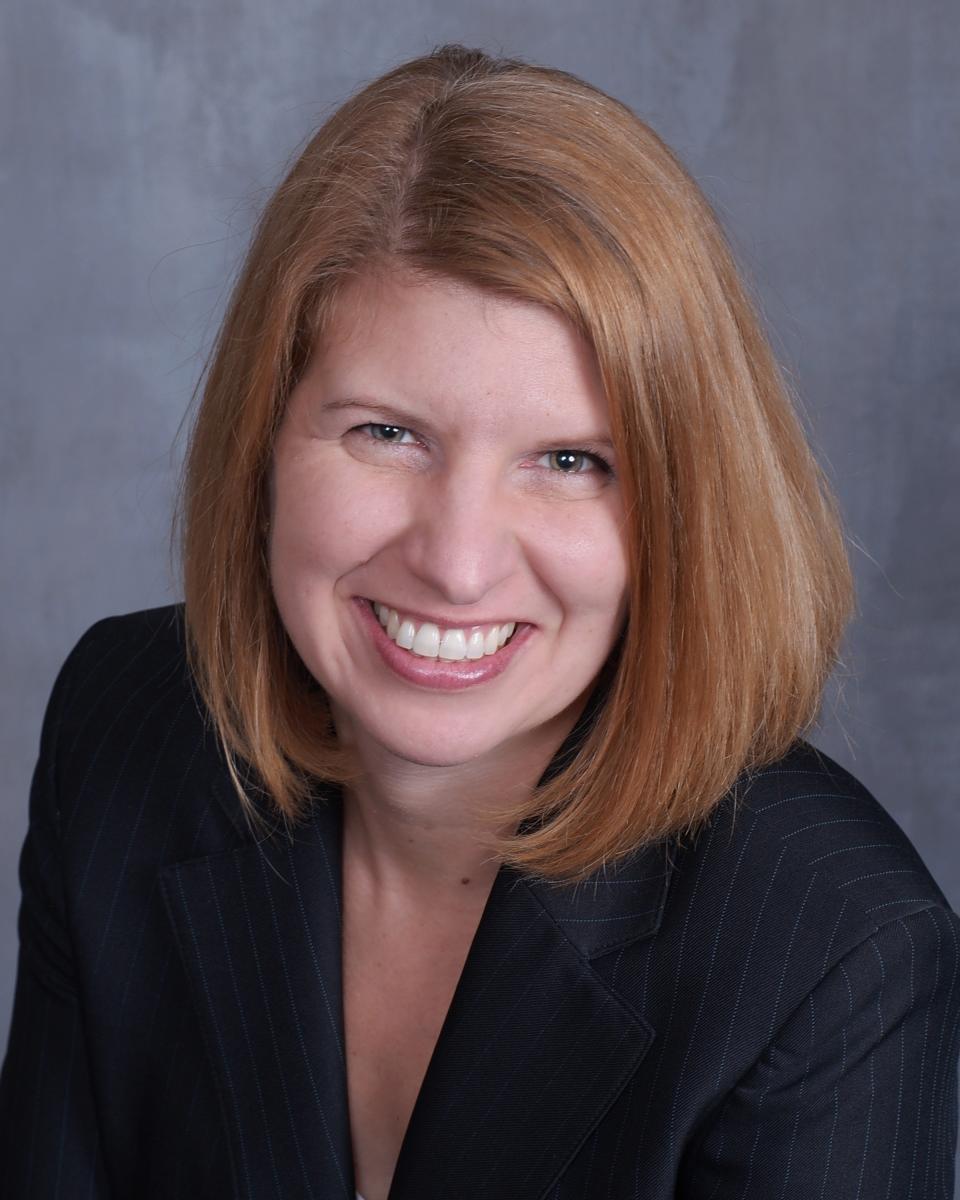
MHDI FACULTY SPOTLIGHT
Angela Palmer-WackerlyAssistant Professor, Communication Studies, and MHDI Rural Health Research Coordinator
Date that you joined UNL: August 2015
Hometown: Youngstown, Ohio
Describe your research and how it contributes to alleviating or understanding health disparities?
I am motivated by working with others to solve complex health problems so that together, we can create a more empathetic, supportive, and equitable world. In striving to achieve that goal, I collaborate with academic and community partners to understand how family, friends, health care providers, and other community members work together to communicate more effectively about health. Specifically, I am starting to research ways to increase equitable access to environmental resources, such as nature, quality of housing, and participation in community decision-making.
When I was in graduate school, I was project manager of a study looking at the disproportionately higher rates of cancer in Appalachian residents and trying to understand how to communicate more effectively to increase access to cutting-edge treatments, such as clinical trials. It was during that two-year project, traveling all around the Appalachian region of Ohio and West Virginia talking to patients and families, that I learned about the barriers to health care that contribute to worse health in rural areas--things like not having access to mental health services or other medical specialists like oncologists; needing to travel 2+ hours to reach a hospital; being exposed to environmental toxins from factories and farms; not being able to afford health care; and wanting to take care of health in more holistic ways.
How does your research contribute to your research area at MHDI?
In my research, I focus on rural health issues. I love the sense of community in rural areas, the open spaces, and working with community members on the issues that are most important to them. They are the ones who are most knowledgeable in what it's like to live in their communities and I like to co-create solutions with rural residents to improve health as they define health.
What advice would you give to incoming students (graduate or undergraduate) who are interested in studying health disparities?
This work is hard but rewarding. You'll be exposed to so much you didn't know, and I find that exciting. There is also a lot of give-and-take within teams working to improve health disparities, so speak up, but know progress can be slow. But know that improving health disparities IS possible as the U.S. has shown in the past few decades. Also, if you're from a rural area that you love, consider moving back to invest in the health, innovation, and sustainability of rural towns. A lot of my students tell me they want to do this, and I admire that so much.
What advice would you give to incoming faculty who are interested in health disparity research?
You can't do it alone. Health disparities are complex and immense, and we need a variety of perspectives addressing health disparities to create a variety of solutions. Connect with a team of like-minded researchers--people who have similar values and who will stretch you in terms of approaches to research. Working with the people at MHDI is one of my favorite aspects of my job! Health is so large and complex, and everyone can get involved in improving health disparities in one way or another, whether that be the environment and climate change, or access to high quality food.
What would your colleagues/students be surprised to learn about you?
Hmmm, I'm pretty open about my likes/dislikes haha. But, maybe it's that I don't like corn. Never have. Which is hilarious considering I'm working in Nebraska and in rural health. So shhh.